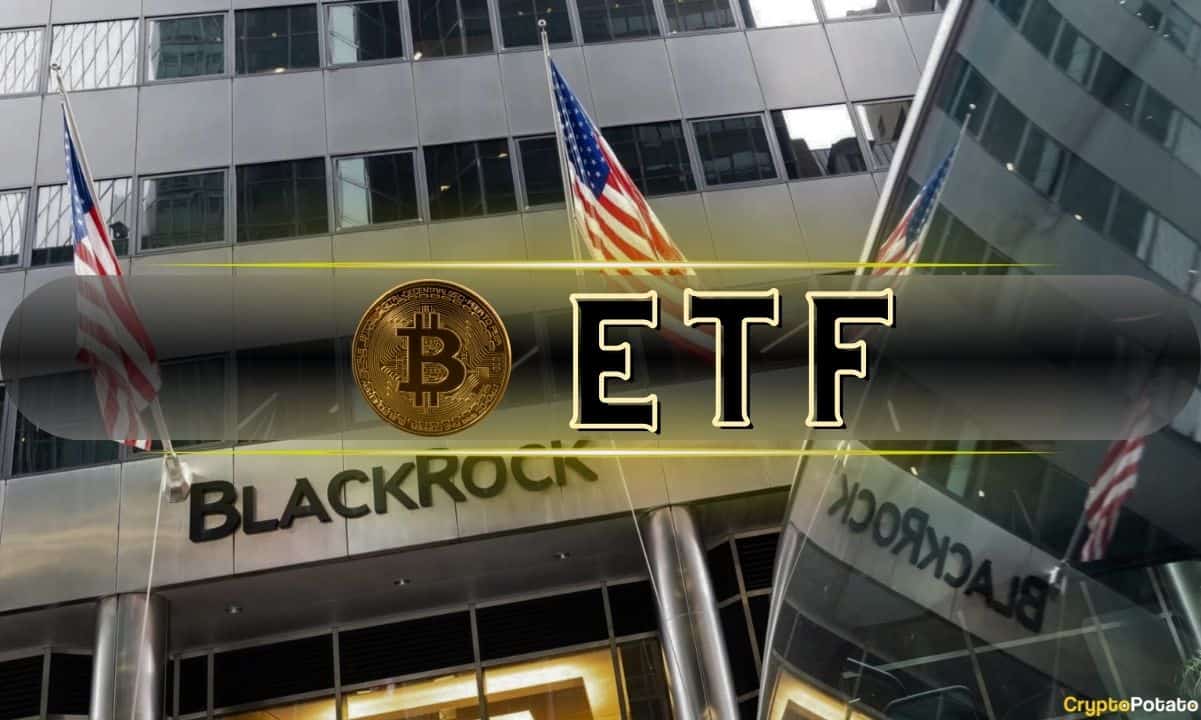The International Monetary Fund (IMF), a global financial institution aimed at promoting financial economic stability and growth, has called for El Salvador to redefine the country’s Bitcoin laws and oversight.
The institution has consistently urged El Salvador to modify its Bitcoin laws since 2021.
Although the IMF supports the country’s efforts to strengthen its economy through reforms, they are concerned about the risks associated with El Salvador’s adoption of Bitcoin as legal tender. The IMF has recommended that the country limit its exposure to Bitcoin and strengthen its regulatory framework to mitigate the potential risks.
“What we have recommended is a narrowing of the scope of the Bitcoin law, strengthening the regulatory framework and oversight of the Bitcoin ecosystem, and limiting public sector exposure to Bitcoin,” IMF spokesperson Julie Kozack stated during a recent press conference.
IMF Nags El Salvador
It’s not the first time the IMF stresses the need for enhanced Bitcoin law oversight in El Salvador. The institution has repeatedly called for the country to adjust its Bitcoin regulations since it declared Bitcoin legal tender in 2021, the first country to make the decision.
In a report releases earlier this year, the IMF points to Bitcoin’s growing role in the global financial system, particularly as a tool for preserving wealth in regions with economic instability.
However, while recognizing Bitcoin’s utility, the IMF maintains a cautious stance regarding its broader implications. The organization stresses that cryptocurrencies should not be granted official currency or legal tender status, as this could undermine monetary sovereignty and stability.
The IMF’s latest statements came after President Bukele met with Argentina’s Vice President Villarruel during his state visit. Villarruel reportedly showed interest in El Salvador’s Bitcoin adoption and volcanic mining projects.
Residents in countries facing restrictive financial regulations are increasingly turning to Bitcoin for cross-border transactions. Argentina and Venezuela are among the nations at forefront of this trend. Hyperinflation and stringent regulations drive their citizens toward cryptocurrencies as a means of financial freedom.
Under the leadership of President Nayib Bukele, a Bitcoin advocate, El Savador continues to increase exposure to the flagship cryptocurrency.
Since President Bukele publicly announced that El Salvador would buy one BTC per day, the country’s Bitcoin holdings has exceeded 5,800 BTC, valued at around $359 million, per Arkham Intelligence.The daily purchase initiative has been maintained despite fluctuations in the market and the price of Bitcoin.
El Salvadorhas promoted Bitcoin mining using geothermal energy sourced from the country’s volcanoes. The country believes this approach can minimize the environmental impact typically associated with cryptocurrency mining. As of May 2024, El Salvador mined approximately 473.5 BTC.
Public Acceptance and Practical Implementation
El Salvador’s diverse experiments with Bitcoin, while showing a bold attempt at financial innovation, has faced challenges when it comes to public acceptance and practical implementation.
Critics have pointed out Bitcoin’s price volatility as a major risk to economic stability. By October this year, El Salvador’s investments in Bitcoin had lost around $50 million due to fluctuating prices.
Surveys revealed that many Salvadorans were either unaware of Bitcoin or disapproved of its adoption. Around 68% of citizens disagreed with making Bitcoin legal tender. Public acceptance to the government’s Bitcoin strategy is not widespread.
On the business side, although the law mandates acceptance of Bitcoin, only about 20% of businesses complied. Technological barriers such as internet access and digital literacy have limited broader adoption among the population. Many Salvadorans still prefer cash transactions due to trust issues and concerns about the complexity of using cryptocurrencies.
To address the ongoing issues, El Salvador has initiated educational programs about cryptocurrencies. In August this year, the Bitcoin Office of El Salvador revealed a plan to send 80,000 civil servants to Bitcoin courses to improve digital literacy.

 3 weeks ago
8
3 weeks ago
8




:quality(85):upscale()/2024/10/29/625/n/1922564/ec222ac66720ea653c5af3.84880814_.jpg)
:quality(85):upscale()/2024/10/25/846/n/49351082/bfc0fdb3671bef086c3703.42134063_.jpg)
:quality(85):upscale()/2024/10/29/957/n/1922441/c62aba6367215ab0493352.74567072_.jpg)
:quality(85):upscale()/2021/07/06/971/n/1922153/7d765d9b60e4d6de38e888.19462749_.png)
:quality(85):upscale()/2024/10/29/987/n/49351082/3e0e51c1672164bfe300c1.01385001_.jpg)
 English (US) ·
English (US) ·